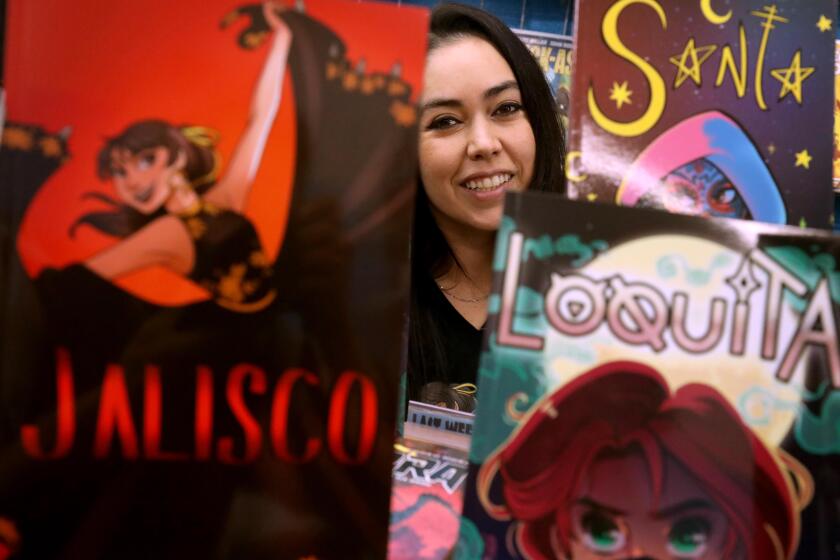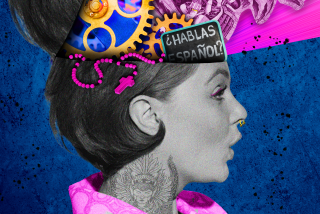The queer Latina superhero noir novel Alex Segura had to write
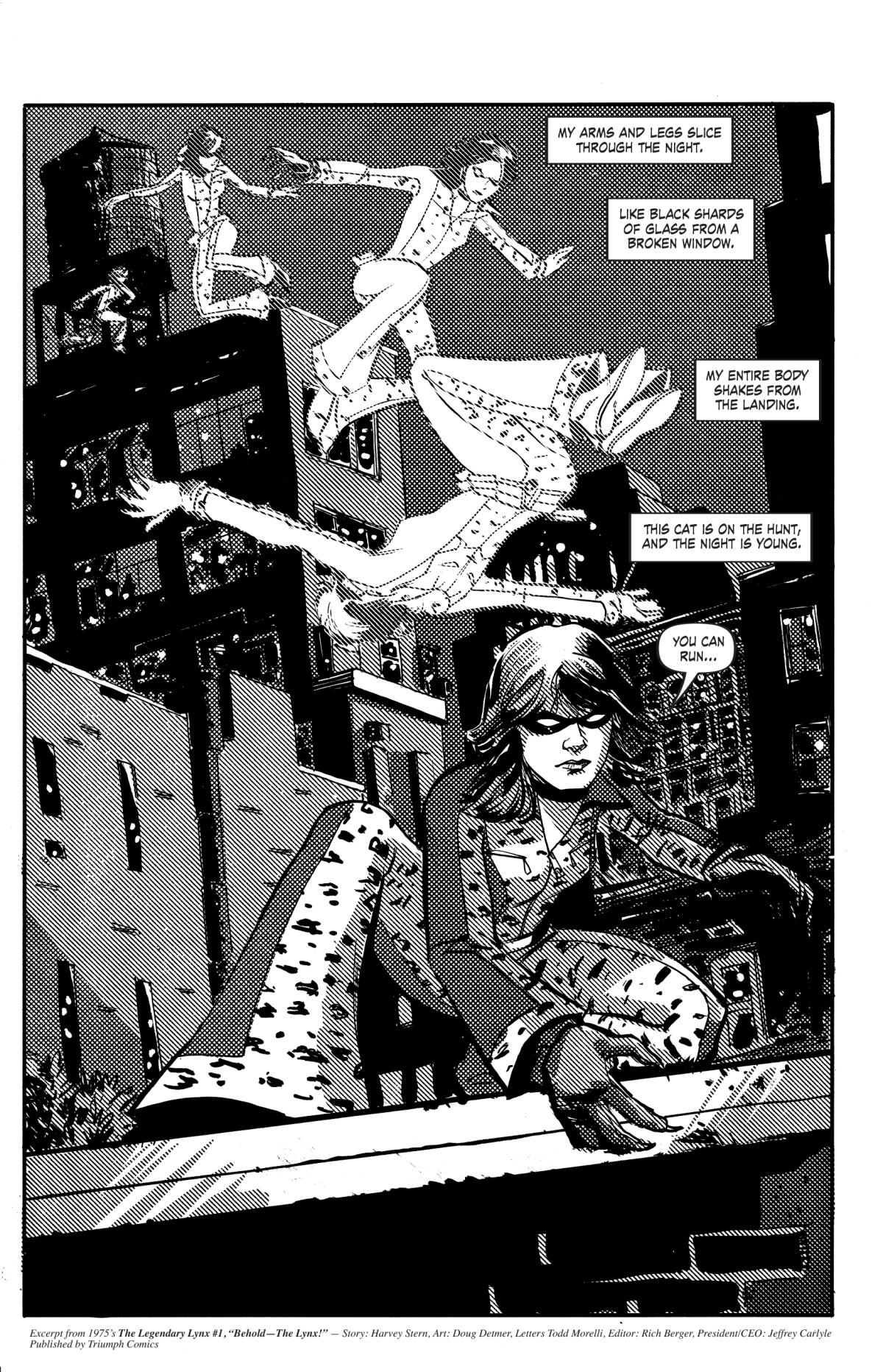
On the Shelf
Secret Identity
By Alex Segura
Flatiron: 368 pages, $29
If you buy books linked on our site, The Times may earn a commission from Bookshop.org, whose fees support independent bookstores.
Set in 1975 during a particularly low point in the comics industry, Alex Segura’s “Secret Identity” is the genre-defying story of Carmen Valdez, a 20-something comic book fan from Miami who comes into her power, both on and off the page, through the Legendary Lynx, the superhero comic she creates at a New York City comic book company.
Budding authors are often advised to write the book only they can write. It’s one of those truisms that is so much easier said than done, but in Segura’s case, at this point in his singular career, it is most certainly true.
Segura, 41, was born in Miami during a fertile period for comics. Art Spiegelman’s comic strip “Maus,” published the year Segura was born, was collected into a Pulitzer Prize-winning graphic novel when Segura was 10. By the time he entered college, Michael Chabon’s “The Amazing Adventures of Kavalier & Clay,” about two World War II-era comics creators, had earned the Pulitzer Prize and deep-thinking cartoonists such as Chris Ware and Ben Katchor were winning major awards and fellowships. But Segura’s lifelong fascination with the genre started long before it became cool. It began with, of all things, an Archie digest his mother bought him when he was 5 (“to shut me up, I’m sure”).
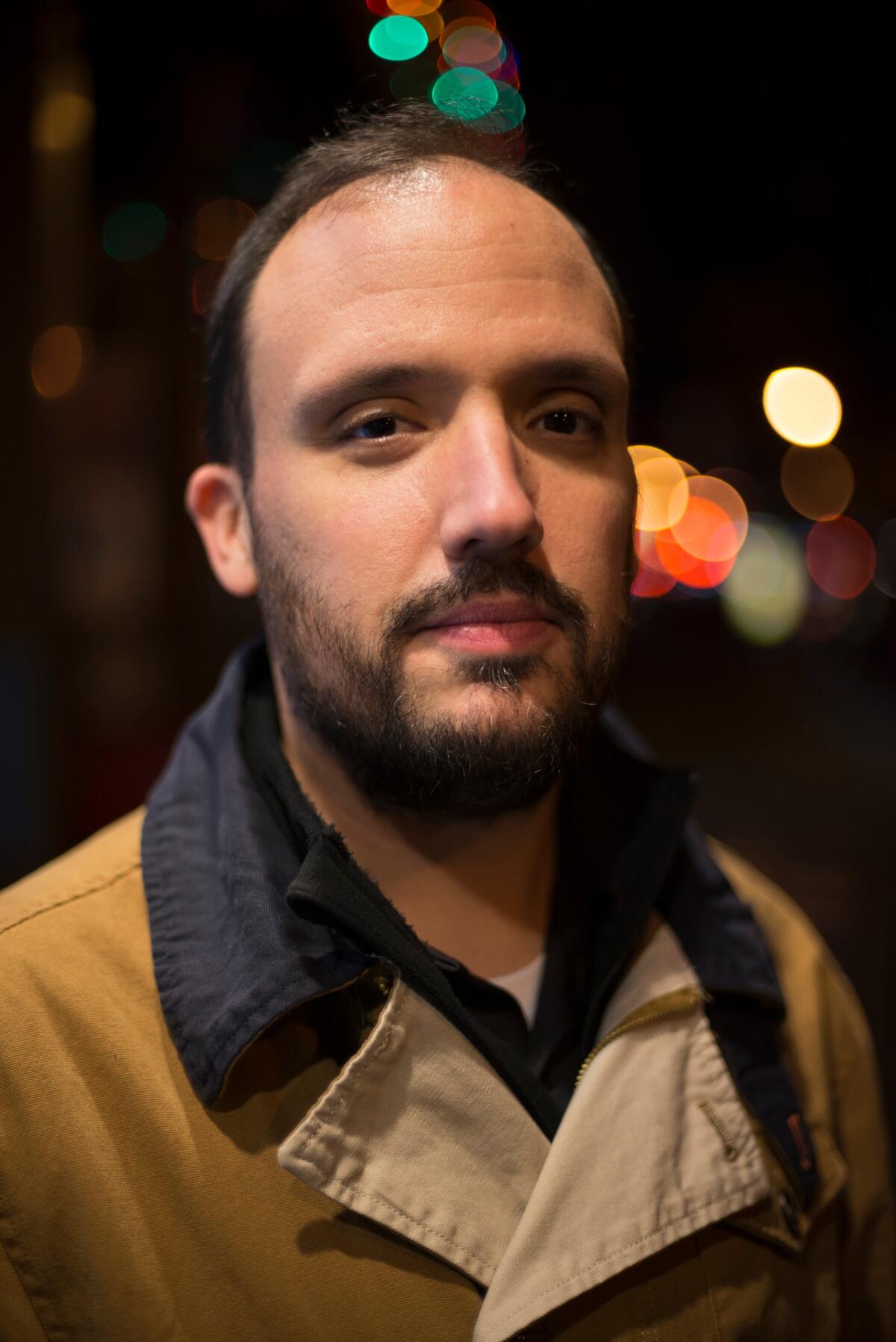
“Comics are how I first learned to connect pictures to words,” he explains during a recent Zoom call from his home in Brooklyn, N.Y. “I would relate what was happening in my life through the prism of comics.” The son of Cuban immigrants who fled in the aftermath of the Castro revolution, Segura uses his hands as he conveys his youthful love of the Tim Burton-directed “Batman” and his dreams of a Spider-Man film that would bring the teenage Peter Parker to life.
It was far from his only bookish obsession. “I picked up a copy of ‘The Godfather’ at a too-young age from my grandfather’s library in Little Havana,” he recalls, “which probably sparked my love of crime fiction.” College broadened his reading horizons — introducing Ernest Hemingway, Margaret Atwood, Agatha Christie and John le Carré, among others. This too primed him for an age when comics went highbrow and genre began to infuse literature.
The Pulitzer-winning ‘Adventures of Kavalier & Clay’ novelist talks about his new job: showrunner on CBS All Access’ ‘Star Trek: Picard.’
“If it entertained, I read it.” He also had a strong affinity for Chabon’s early work. “‘The Mysteries of Pittsburgh’ was a game-changing read,” he notes, “and I loved ‘The Wonder Boys.’” But comics remained a mainstay in Segura’s reading life, so when “Kavalier & Clay” came out in 2000, it was a revelation. “I was riding the bus between classes,” he remembers, “reading about the Escapist (the superhero Kavalier and Clay create). I really wanted to read that comic within the book, along with the story of its creators.”
Segura’s enthusiasm is palpable as he sets the scene. “One of the first short stories I ever attempted in a writing class was about a comic book employee who discovers a lost superhero.” And while he confesses that first attempt was forgettable, “the idea of telling a story within comics was always in the back of my mind.”
Like Peter Parker and Clark Kent, he started off in newspapers, but after a job at the Miami Herald proved unfulfilling, Segura sought freelance gigs interviewing and writing about the comics creators he admired. Drawn deeper into their world, Segura relocated to Gotham; he spent more than a decade in publicity, marketing and editorial at industry heavyweights like DC Comics. At Archie Comic Publications, he ended up co-authoring Archie comics that introduced superhero elements to the venerable franchise, as well as several “Archie Meets” crossover comics featuring cameos by the Ramones and the B-52s.
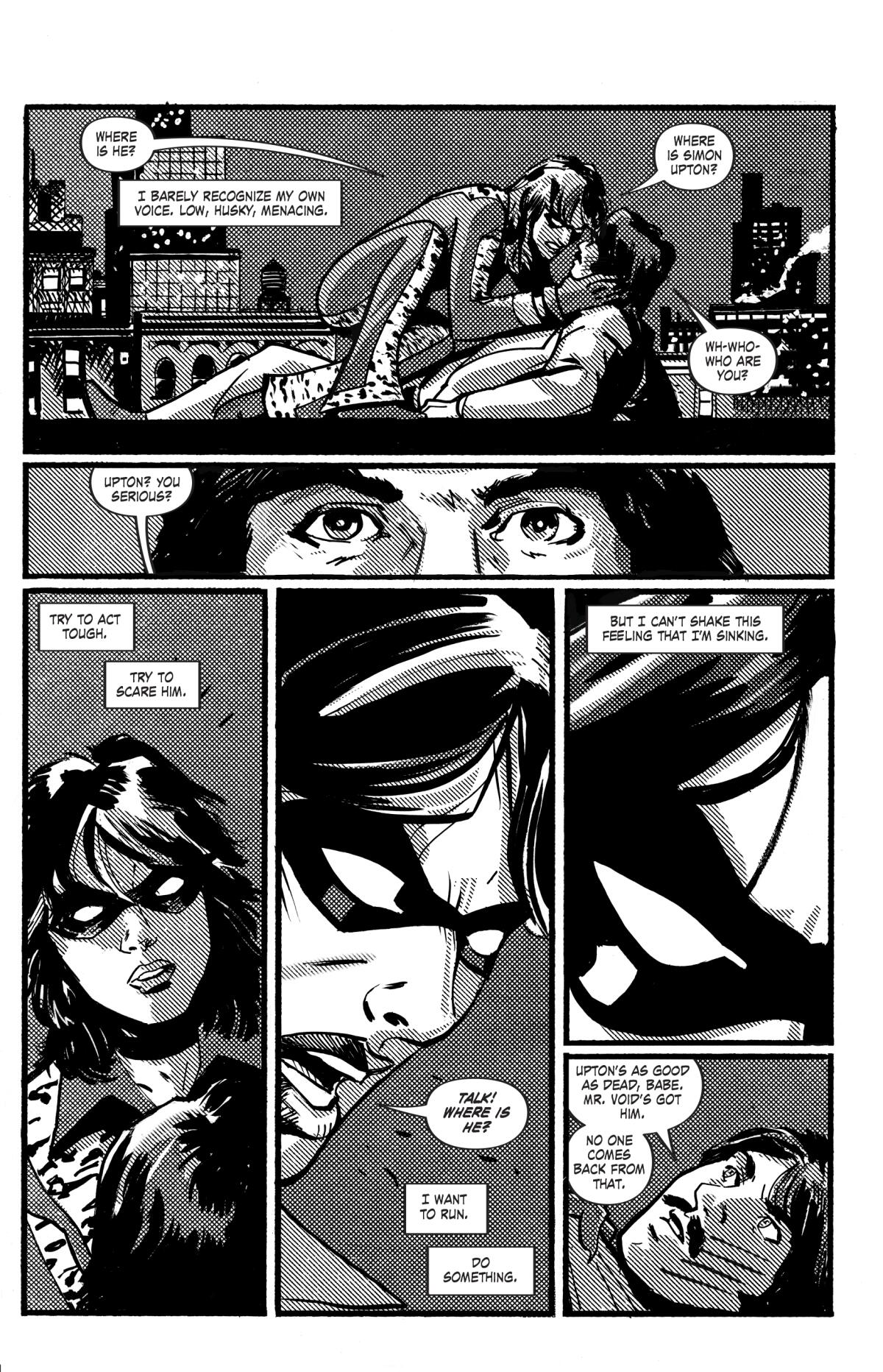
Once again he found himself blazingly on-trend; in 2017, the TV series “Riverdale” retooled the Archie-verse into a dark teen drama. “I never thought we’d live in a world where we’d have movies and shows for these characters,” he says, adding that he’s a fan of the show. “We felt blessed, when I was a kid, to see a Batman movie or rumors of a new Spider-Man film. But the content is everywhere now.”
While immersed in comics and their evolution, Segura was also devouring modern PI novels — Laura Lippman, Dennis Lehane, George Pelecanos, but also Latinx crime writers like Carolina Garcia-Aguilera. Eventually, Segura’s “hobby reading” inspired him to try his hand at the genre, which blossomed into a series of five mysteries featuring Pete Fernandez, a Cuban American private investigator in Miami. Yet for all the acclaim and awards the books received, Segura thinks of them now as building blocks toward the ultimate hybrid, “Secret Identity.”
Kayden Phoenix, an award-winning Chicana writer and director from Boyle Heights, discusses her A La Brava universe of Latina comic book characters.
“I think as writers, we know when we’re ready to hit that level, and I felt like I needed to get my sea legs by writing mysteries. I needed to respect the tropes and learn how to invert them in a way that felt natural. By the end of the series, I felt confident enough that I could revisit my comic book in a novel idea.”
That confidence was shared by Zachary Wagman, the vice president and editorial director of Flatiron Books, who heard his idea as they sat together during a mystery convention breakfast. “I love a good crime novel and I’m a longtime comic book reader,” Wagman said in an email. “To have the two intertwined, by a writer of Alex’s talents, was just too good to be true.” Segura’s manuscript “far exceeded my hopes. It had that masterful hard-boiled voice but mixed with this wide-eyed love for comics. That’s an extremely tricky needle to thread.”
Valdez is in some ways deeply autobiographical — except, of course, she’s a woman and she’s queer. To do her justice, Segura dove into memoirs by writers like Carmen Maria Machado and graphic novelist Alison Bechdel and engaged “sensitivity readers” who offered Segura feedback. His diligent approach follows the advice of writers such as Alexander Chee, who, amid the recent debate about depicting “others” outside of an author’s experience, suggested that anyone still at a loss for how to depict such characters “probably has not done the reading.”
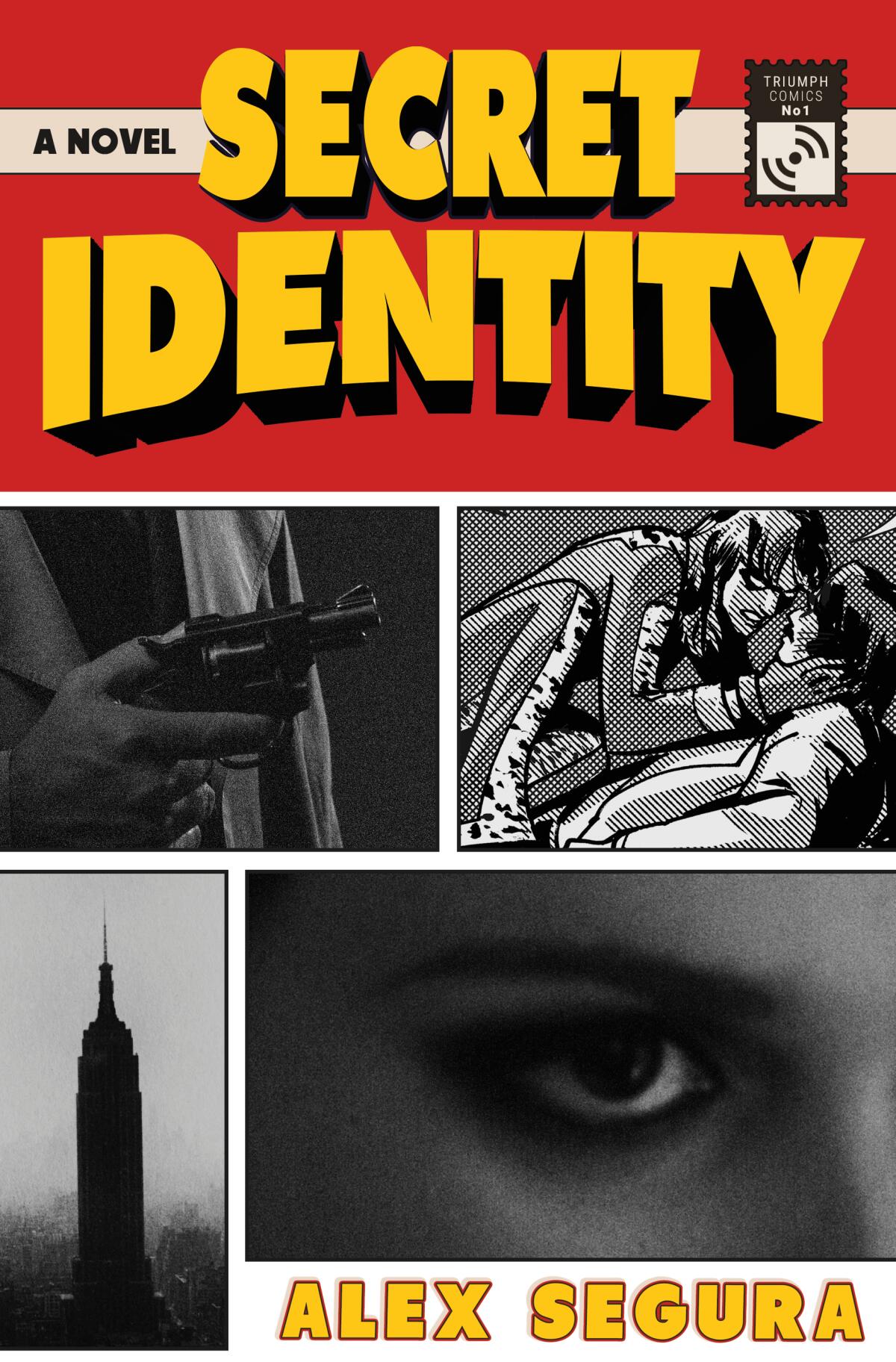
Segura has done the work: Carmen is a vibrant, kinetic character who, like Segura, has relocated to New York City from Miami to pursue her dream of a career in comics while finding her authentic self. She lands at Triumph Comics, not as a writer or editor (it’s 1975), but as secretary to the CEO, who makes it clear he’s never going to give Carmen a shot at writing a comic. So when a nebbish-y colleague, Harvey Stern, approaches her to collaborate on a story, Carmen pours her heart and soul into the Legendary Lynx. Soon, she learns Harvey has submitted the story without her name attached. Before she can confront him, Harvey is murdered and Carmen is investigating the crime, as much to clear her name as regain control over her creation.
“Secret Identity” is a magnetic read, its plotline as engaging as anything DC or Marvel could create. Its focus on marginalized women creators evokes trailblazers like Trina Robbins and even bit players like Patricia Highsmith, who wrote a wartime comic before “Strangers on a Train” and the Ripley novels.
With ‘Primos’ emphasis on Maya culture, Axel Alonso and Al Madrigal bring a group of Mexican superheroes to the forefront of comics.
It’s also a deep dive into an industry at its lowest ebb. “I wanted to spotlight an era when comics weren’t as prevalent or as popular as they are today,” Segura says. “In 1975, comics were a fading industry. They weren’t seen as a path to film or television or something more lucrative. … The entire enterprise felt very shaky.”
Segura is ready to move on from that era, but not from his new, not-so-secret identity. He has signed with Flatiron for a second book, a sequel set in the modern day “featuring some of the key characters from the first novel and another, new protagonist” in a noir version of this very moment. In other words, a world in which superheroes are thriving, the Legendary Lynx among them.
Woods is a book critic, editor and author of several anthologies and the Detective Charlotte Justice crime novels.
Segura with be in conversation with Steph Cha during a virtual event hosted by the Library Foundation of Los Angeles at 7 p.m. March 17.
More to Read
Sign up for our Book Club newsletter
Get the latest news, events and more from the Los Angeles Times Book Club, and help us get L.A. reading and talking.
You may occasionally receive promotional content from the Los Angeles Times.

